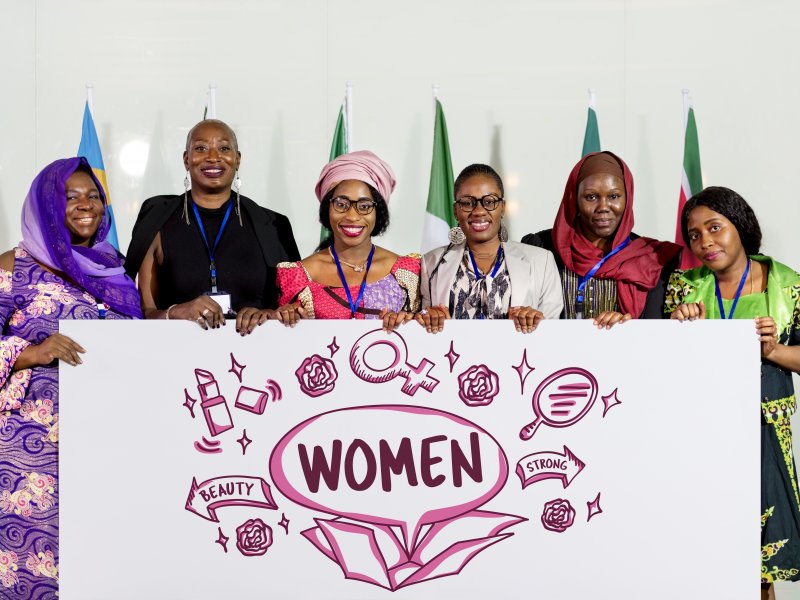Violence against women has been a problem for a long time now. It’s one of the most widespread, persistent and devastating human rights violations in our world today, and despite the efforts of a lot of people, it’s still hugely under-reported. And yes, we know it is just one issue in a world full of big, pressing problems, but that doesn’t mean violence against women shouldn’t be addressed. This violence can come in a lot of different forms, including:
- Intimate partner violence (battering, psychological abuse, marital rape, femicide);
- Sexual violence and harassment (rape, forced sexual acts, unwanted sexual advances, child sexual abuse, forced marriage, street harassment, stalking, cyber- harassment);
- Human trafficking (slavery, sexual exploitation);
- Female genital mutilation
- Child marriage
in short, some of the most horrific crimes a person can commit, regardless of the gender of the victim, but statistically committed against women more than men. It’s such an issue that the UN have a dedicated campaign to raise awareness and support for its prevention, called the ‘international day for the elimination of violence against women’. This year the day falls on the 25th of November, and as strong supporters of women’s rights, we wanted to share some information with you.
Some Scary Stats About Violence Against Women
You might think that the issue of violence against women is overstated, particularly if you live in a safer area where such crimes aren’t as prevalent, or openly discussed. But according to the UN:
- 35% of women worldwide have experienced either physical or sexual violence at some point in their lives
- Up to 70% of women have experienced physical and/or sexual violence from an intimate partner in their lifetime
- Over 87,000 women are intentionally killed each year, more than half by their partners
- Adult women account for 51% of all victims of human trafficking globally.
- When you add young girls into the mix, that number goes up to 71%
- Men who witnessed their fathers using violence against their mothers, or experienced some form of violence themselves as children are significantly more likely to commit intimate partner violence in their lives
- There are currently around 650 million women and girls in the world today who were coerced or forced into marriage before the age of 18
- At least 200 million women and girls alive today have suffered female genital mutilation, with the vast majority being cut before they were 5 years old
- Approximately 15 million teenage girls have experienced forced sex at some point in their lives, 9 million of them in the past year
- Violence against women is as serious a cause of death and incapacity among women as cancer, and a greater cause of ill health than traffic accidents and malaria combined
Still think violence against women isn’t a problem that needs addressing?
Why International Day For The Elimination Of Violence Against Women?
The purpose of this day is the same as any other named day really – to raise awareness of the issue and promote positive action and change. This day specifically is part of what’s known as the ‘16 days of activism against gender-based violence’ – in fact it’s the day that kicks it all off. The campaign runs every year from November 25th, with the aim to challenge violence against women and girls. Since it first started in 1991, more than 6,000 organisations from 187 different countries have participated in the campaign.
This year’s theme for the campaign is ‘Orange the World: Generation Equality Stands against Rape’. Under this theme UN Women are inviting civil society to join them in galvanizing actions around the world to take a stand against sexual violence in all contexts and to spark a global conversation about what it will take to prevent and end rape.
What Can You Do To Help?
In recent years, the voices of survivors and activists have been heard in a way they never have before. With campaigns like #MeToo, #TimesUp, #Niunamenos, #NotOneMore, #BalanceTonPorc and more, the spotlight is firmly fixed on the issue of sexual violence. The outcry has reached boiling point, and it can’t be silenced or ignored anymore.
The 16 days of activism against gender-based violence is something everyone can get involved in. whether that’s joining in the conversation on social media (using #OrangeTheWorld), sharing campaign materials or joining in a march, by spreading the message you can make a difference and support women around the world who are suffering, or have sufferance violence of any kind. If you’re planning to take part in the Orange Campaign, or any activities available in the local communities, UN Women advise that their advocacy tool kit for 2019 will be available from the 18th of November, 1 week before The International Day For The Elimination Of Violence Against Women.
We’ll be participating, and we hope you will too!

 World Mental Health Day
World Mental Health Day
